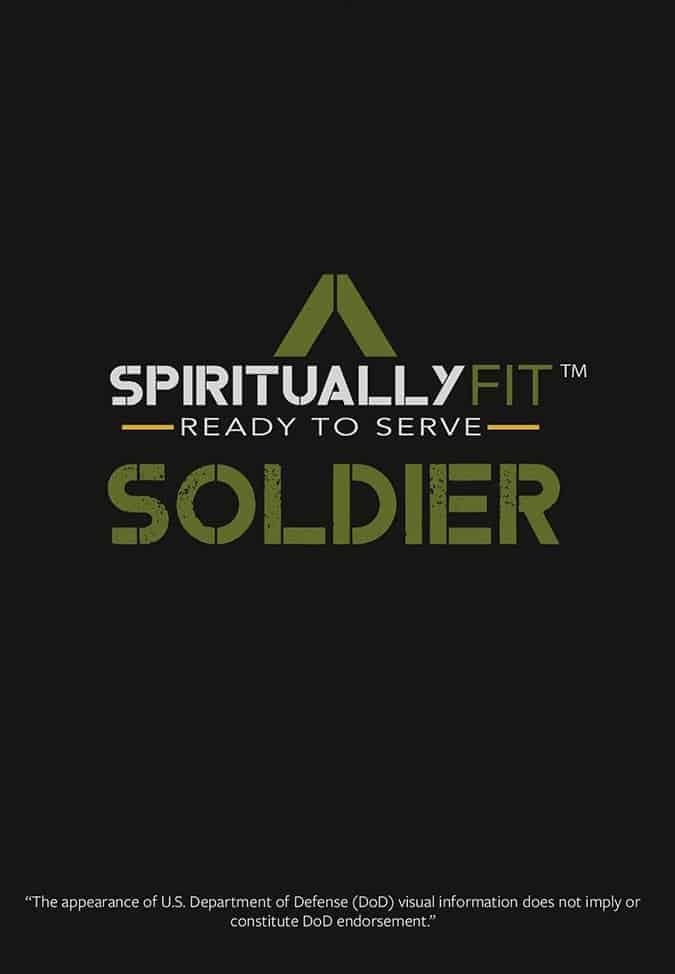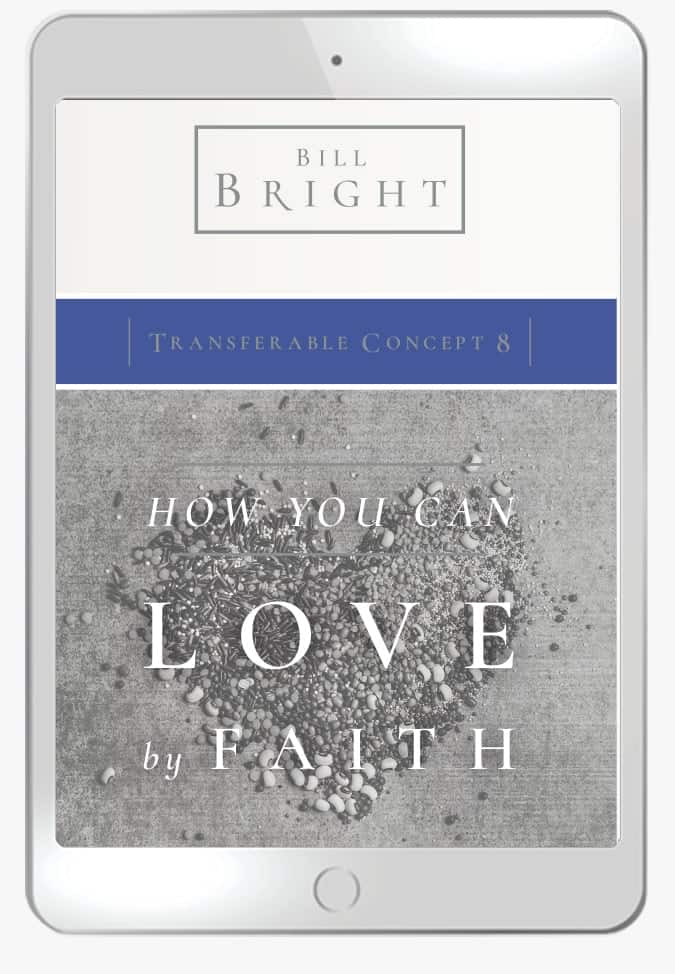How Will You Support a Grieving Loved One?

December 7, 2016, began as many other days do: with the hustle and bustle of a morning of travel.
Our family divided to take three different routes to Anchorage, Alaska, for the high school state volleyball tournament. The time was busy with questions about what to pack, last-minute errands to run, and plans for meeting up once we arrived.
I smile thinking of the bustle, the division of labor, the sweet kiss before I ran out the door. So routine.
My husband and two of our children were passengers in a single-engine Piper Cherokee that left our home of Port Alsworth, Alaska.
I arrived in Anchorage and waited to hear from Scott. After many calls went straight to his voicemail, I called others to find out when he, 14-year-old Kaitlyn and 13-year-old Zach were estimated to arrive. All anyone knew was that they had left Port Alsworth.
Hours passed, and it became apparent that something had happened.
The next 27 hours were excruciating as hope gradually faded. I dozed for moments at a time, leaving my phone near me in case there was news.

We were constantly covered in prayer. As the night owls in Alaska went to sleep, the early birds on the East Coast woke up.
On December 8 around 4 p.m., my sons Josh (20) and Sam (18) and I received a visit that confirmed our suspicions. Wreckage from the plane and personal effects had been recovered from Lake Clark. There were no survivors.
In an instant we were a family of three. So few. Such loss. Their journey complete, ours just getting harder.
Over the coming months, those who loved our family learned how to be part of God’s plan to carry us through that time. Some were there day after day; some had to find ways to support us from afar.
God used the people in our life to love and care for us. How He did that is hard to define. There's no formula I can give you, and I have cringed at lists that purport to do that. But this is what I have learned from how others responded to our sorrow.
We Needed People to Be Patient Observers
I found myself repeatedly saying, “I am still me.” The trouble is that it is both true and untrue.
What comes out under the pressure of grief is an unpredictable thing. So be an observer of your grieving loved one. Watch and see how they are responding to their loss day by day so you can gauge what they might need from you.
Begin with what you know of your friend. If they didn’t like cleaning the bathroom before the tragedy, they probably aren’t going to start liking it now.
At the same time, try not to make assumptions. Gently ask questions, and be OK with a noncommittal answer or an outburst of emotion.
There is no formula here. Don’t make assumptions, but don’t walk on eggshells. Just ask for clarification. One friend did laundry and cleaned a bathroom every time she stopped over unless I just needed her to sit and be with me.
Mistakes will be made. God is big enough for those too.
We Needed to Have Our “Inner Circle”
My brother and a couple of close friends dove right into the thick of things, staying with us and dealing with all the initial questions, decisions and emotions. This role is not right for everyone.
There is a principle that has been very helpful for our family. Picture concentric circles with each layer representing different depths and kinds of relationships. Near the center were those directly affected by the tragedy. Others needed to be OK with supporting us without being in our “inner circle.”
Comfort and encouragement need to flow from the outside in and struggle and grief from the inside out.

As you look to support someone who has experienced trauma, be aware of whether you are asking for something from them. If you’re having a hard time with your friend’s loss — especially if you have pain in your own story — share that with someone in your own circle rather than the person you’re trying to care for.
Some People Focus on Offering Practical Help
Give without strings attached. Bring a meal even if it never gets eaten. Write the card even if it never gets read. Ask God for insight and then act on it.
Bring the gifts and talents God has given you to the pain. People gave to our family out of their gifts of administration, taking over logistics for the celebration of life service and the dozens of people traveling to attend.
Practically, we needed to eat and hated to clean, so those things were always welcome — especially after the initial flow of response slowed down. We needed wood to keep warm for the winter. Sometimes that was delivered anonymously, and other times there was an invitation to get out and do it together.
I would caution against offering to help and then not being willing to do what is needed at the moment. Some help isn’t very glamorous. It was hard to feel like I wasn’t being heard when I asked for specific things and they were glossed over.
The simplest things can feel overwhelming, so don’t underestimate the load a seemingly menial task presents.
Others Focus on Emotional Support
People made themselves available for late-night walks.
Emotional needs were met during endless hours of card games that served as therapy sessions. I found that who I shared deeply with was a bit arbitrary, but I knew there were many who would share my burden whenever the need arose.
The thing that made my heart the most grateful was when people would initiate spending time with my kids, my young men. There were times I was gone and they would be invited over for meals.
I so appreciate those who were willing to go deep but were fine just sitting in the moment if that’s what I needed.
I loved having friends from all around the world, since grief forgets what time it is, and there was someone awake at all hours available if I needed to talk.
Grieving with someone doesn’t end, it evolves
That first year, every day of every month after the tragedy is significant. Think about how long we talk about babies by how many months they are. I think it’s similar for grief dates.
At the beginning, I felt like I needed everything, like I was laying in a hospital bed being fed by IV. I needed someone to make food and put it in front of me, make sure laundry was getting done, and the floor was getting vacuumed. As time went on, I needed to take on some tasks myself.
What has been consistent is those willing to process or cry or laugh with me and those from afar who remind me that they remember and are still praying.
What I needed to hear and what I didn’t
The things I cherished the most are memories. I have an insatiable desire to know more of Scott, Kaitlyn and Zach through other people’s eyes. I love hearing how they impacted others.
Listen and ask questions without projecting your emotions onto the grieving person. It’s an unpredictable process. Things that may seem hard may not be, and apparently smaller things may be giant waves, so look and listen.
Avoid saying things like, “You must feel ... ” A better way might be to ask the question, “I think I might feel.... Is that true for you?”
Keep communicating. Don’t let a lack of response put you off.
Distance Didn’t Stop People From Caring for Us in Profound Ways
Send thoughtful gifts. Help them set up an Amazon wish list so those far away can send things that are actually wanted and helpful. Acknowledge birthdays and anniversaries of any kind. Receiving surprises gave us something to look forward to.
Numerous people sent messages that I would open in the sleepless hours of the night. They felt like a lifeline.
The Grieving Process as a Walk of Faith
Loving someone in pain is a delicate balance. Grief can be a fearful time from either side of the table.
In grieving, one holds sorrow, joy, hope and despair together in their hands. The caring friend must balance thoughtful action, being without saying, and asking questions that invite sharing from deep places.
Both parties must equally walk by faith, not trusting in themselves to have the answers but in the one who intimately knows them both.
As the one in the middle of the pain, I have found great freedom in trusting that God knows exactly what I need and will send it in His timing.
When help offered didn’t seem to match with needs felt, there was grace. When there was silence because of uncertainty, there was grace.
Ultimately God is the one who does the healing, and He chooses to use the hands and feet of people in the process.
And it is a beautiful thing.
Where Do I Go From Here?
If you found this story helpful, you might want to check out this article: “Resources for the Struggles of Life.” Also check out https://issuesiface.com/ for more encouragement.




















